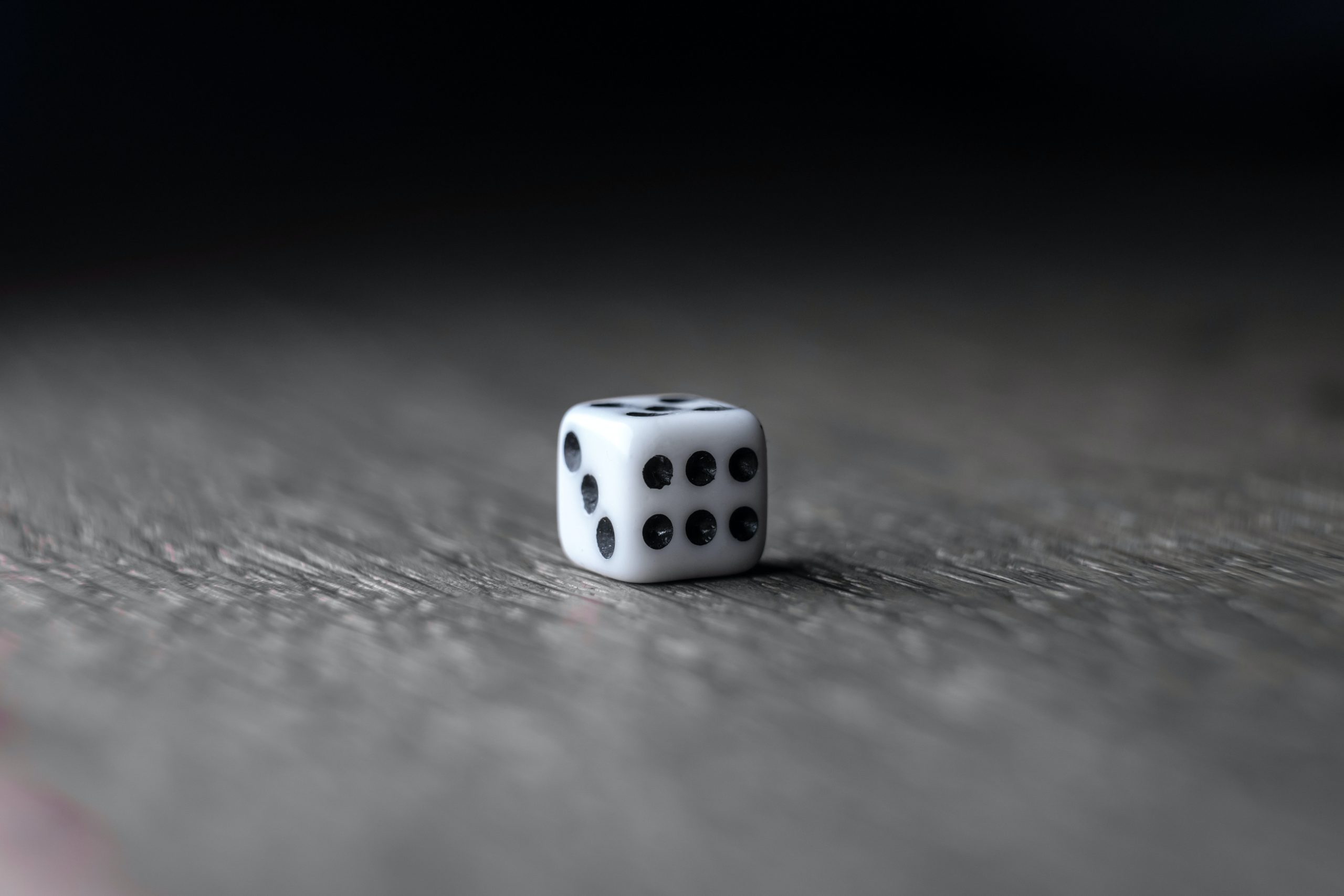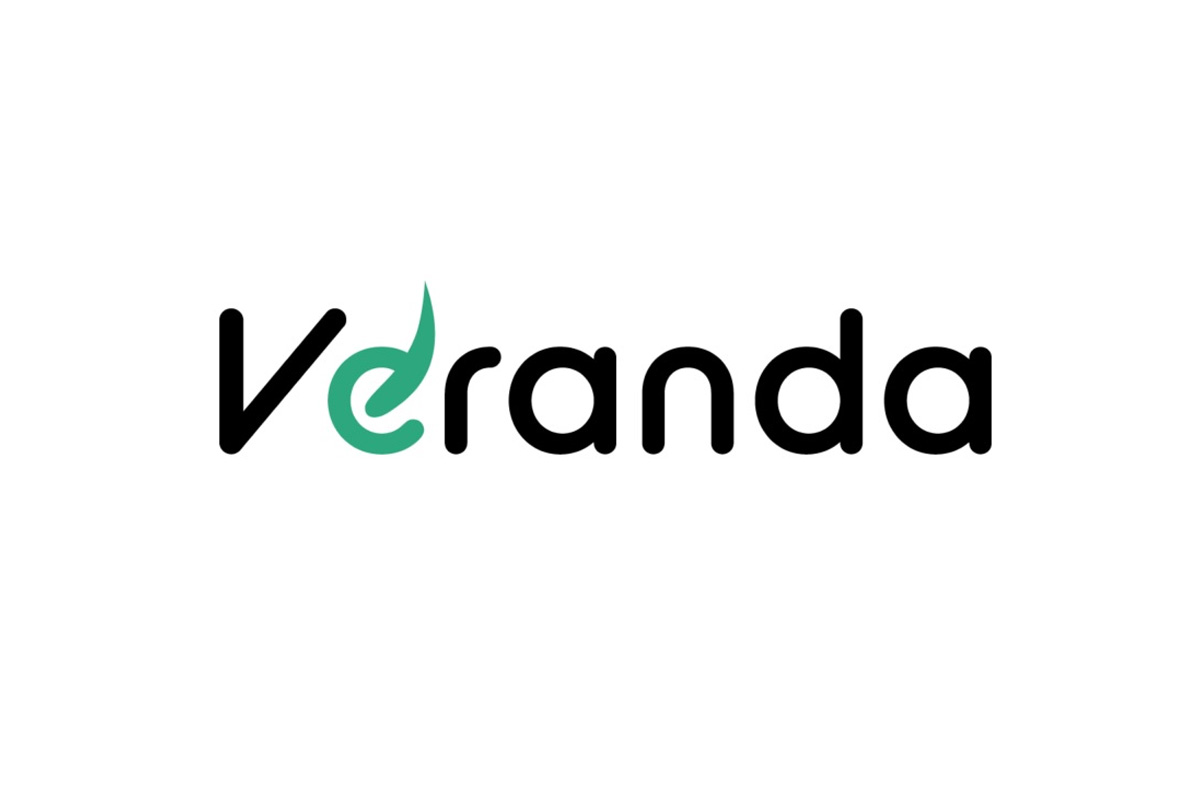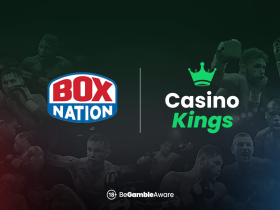Finnish researchers have taken a rather unusual path on the search for effective therapies against pathological gambling by looking for a medicine-based treatment of gambling addiction. The results of their first pilot study are now available and the success speaks for itself.

Gambling addiction is a growing problem that afflicts several countries. The number of gambling addicted people in Germany is estimated between 100.000 and 290.000, according to data from 2020. Finland, where researchers have now successfully tested a medication against gambling addiction, has a full 1,3% of the population between the ages of 15 and 74 years affected by the addiction. In Austria, the totals are 0.66% – 0.71% and in Switzerland 0.5% of their respective populations.
Although compulsive gambling has long been classified as a disease by the World Health Organization (WHO), quite few people let themselves be treated, according to study author Sari Castrén. That could also be due to therapy, as with almost all addictions, being an extremely exhausting process. It is also important to know that not all gambling addictions are equal and that there are certain disparities in this form of addiction. As an example, there are more gambling-addicted women than men, and an earlier study from 2014 did show that online gamblers are less vulnerable to addiction than people who gamble for actual cash in slot machines at real casinos. This is only true for licensed online casinos, like those listed at CasinoHEX.at. While previous therapies were always individually tailored to each patient, researchers from Helsinki university have followed a completely different approach: a simple medicine that quashes gambling addiction.
Naloxon is a promising candidate
In a pilot study that started in 2017, researchers lead by Castrén made clinical trials with the drug naloxon. The first study focused on the effectiveness against gambling addiction as well as both the tolerance to the drug and the practicality of its use. The study results are now available and the drug treatment actually seems to work.
For the purpose of the pilot study, the researchers took 20 subjects, eleven women and ten men, that had previously been diagnosed by medical personnel as pathological gamblers, and split them in two groups of ten persons. Both groups were to self-administer the active substance naloxon in form of a nasal spray to counter addiction-caused stress. One group was only allowed a daily dosage of four inhalations, at 2 mg each, per person, while the other group was allowed the double amount, that is four times two inhalations per day.
Improvement over gambling stress and depressions
The breakdown of all the data showed that on 73 percent of the days on which the subjects took the medication, they didn’t take part in playing slot machines or other games of hazard. On the days they still gambled, their gambling intensity did clearly decrease.
Simultaneously, between 15% and 20% of the subjects showed a decrease in accompanying depressive symptoms during the experimental period, as reported by the researchers in the scientific magazine British Medical Journal.
Furthermore, the direct comparison between both groups revealed that the control group that took the higher dosage of the active substance naloxon showed a lower probability of relapse.
Medicine not completely without side effects
Since researchers were not only testing the effectiveness of a drug treatment, but also the side effects associated with it, they pointed those out in the final report. Interestingly, the group that took smaller amounts of medicine showed the strongest side effects. Those were chiefly loss of appetite, headaches and nausea.
A before-and-after comparison of both groups also indicated that the group with the lowest intake were gambling less in slot machines and online casinos, although researchers simultaneously observed a noticeable increase of their gambling expenses.
Notwithstanding the unintended side effects, the bottom line is that the drug treatment proved to be beneficial to all subjects. A 29-year-old student, after participating in the study, stated for the record that the drug was quite easy to use and that she had no need to explain to anyone what kind of drug it was, since it looked like an ordinary nasal spray.
More studies are currently ongoing
The limited researcher’s pilot study is of course not representative. The number of subjects was too low for it to be so, plus there was no control group taking a placebo for the duration of the trial. Yet the study could indicate that a drug treatment against gambling addiction is also possible.
A larger study, also in Finland and involving 130 participants, is currently still ongoing. The preliminary results are expected shortly, in the first months of 2020.
The supporting use of medication In the treatment of substance-related addictions has already been established. As for non-substance-related addictions such as gambling addiction, despite similar biochemical bodily processes, the assumption of a wide spectrum of society remains that the rehabilitation of the addiction can only be attained by the willpower of the afflicted party.







Leave a Reply